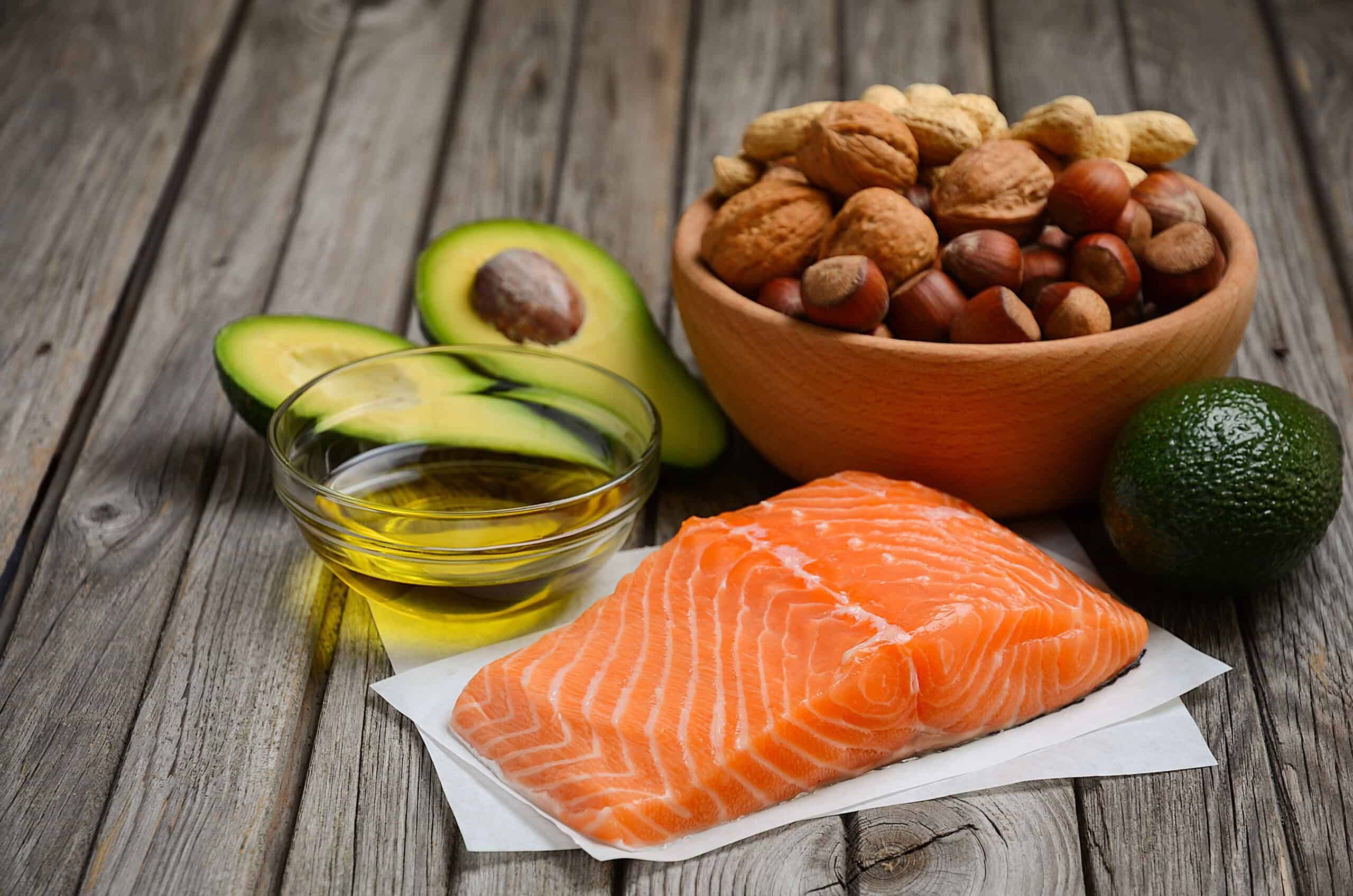Diabetes and Endocrinology
Want to learn more about this at Kettering Health?
It’s easy to associate any fats in a diet with weight gain—it’s in the name, right? Or maybe you’ve heard that some fats are considered healthy, so they should be incorporated into your diet in high amounts. The truth is, the full story on fats is more complex than either of these extremes.
Fats and your heart
In the right amount, unsaturated fat is considered a healthy part of the diet. According to Dr. Michael Sun, a cardiologist with Kettering Health, unsaturated fats have been shown to be heart-protective and to lower your risk of heart disease.
They can also lower your low-density lipoprotein (LDL)—or “bad” cholesterol—and can lower triglycerides, another cholesterol that is associated with poor health when raised. Still, even with these benefits, all fats should be eaten in moderation.
“As a general rule of thumb, all of the fats in your diet should be less than 30% of what you’re eating,” says Dr. Sun. “Too much fat in general causes you to gain weight, which is hard on the heart.”
Too many fats in the diet can also contribute to high blood pressure and diabetes, which put stress on the body and indirectly affect heart health.
Watch your food labels
While the front of food packages may boast supposedly healthful claims, like fat-free or low-fat, the back of the package may tell a different story. Dr. Sun urges people to check out the nutrition facts, as something low in fat may contain larger amounts of other unhealthy additives.
“A lot of times when fat is taken out of foods, it’s not going to taste good, so usually salt, sugar, or both are added to enhance the taste,” Dr. Sun says. “This is also dangerous, as these get converted to fats in your body.”
The best way to stick to a healthy diet is to eat foods that contain saturated fats in moderation, rather than filling up on the “fat-free” versions.
Food label readers, beware: Trans fats are not always listed clearly and may be disguised under the name partially hydrogenated fats.
“To spot trans fats, remember that they tend to be in the worst foods that have a long shelf life, like pastries, cookies, snack foods—a lot of the stuff that’s bad for your anyway,” Dr. Sun says.
Be wary of high-fat diets
Dr. Sun warns against fad diets, like the ketogenic diet, which advises high-fat and low-carb eating.
“I really caution people who are approaching that diet. Some patients have lost weight, but their bad cholesterol numbers went through the roof. Recent studies have suggested it can increase cardiovascular risk,” Dr. Sun says.
Though patients may see results with weight loss on these diets, they could be paying the price in other areas, as less weight does not necessarily equal improved overall health.










